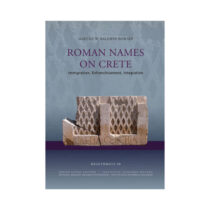Archaeological research in the Dolmen of El Pendón (Reinoso, Burgos, Spain), has brought to light the complex biography of a megalithic monument used throughout the 4th millennium cal. BC. The ossuary of this burial holds the bones of nearly a hundred individuals who suffered from diverse pathologies and injuries.
Recently, a team from the University of Valladolid (Spain) and one from the Spanish National Research Council (Italy) took a closer look at a skull found there back in 2018, and found traces of a cranial surgery meant to cure an ear ailment.
The Dolmen of El Pendón is a site near Burgos. Surveys made in the past have shown that the site had been used as a funerary chamber.
The researchers published the results of their study in the journal Scientific Reports. The paper presents the discovery of the above mentioned skull with two bilateral perforations on both mastoid bones. These evidences point to a mastoidectomy, a surgical procedure possibly performed to relieve the pain this prehistoric individual may have suffered as a result of otitis media and mastoiditis. The hypothesis of surgical intervention is also supported by the presence of cut marks at the anterior edge of the trepanation made in the left ear. Furthermore, the results of this paper demonstrate the survival of the individual to both interventions. Given the chronology of this dolmen, this find would be the earliest surgical ear intervention in the history of mankind.





